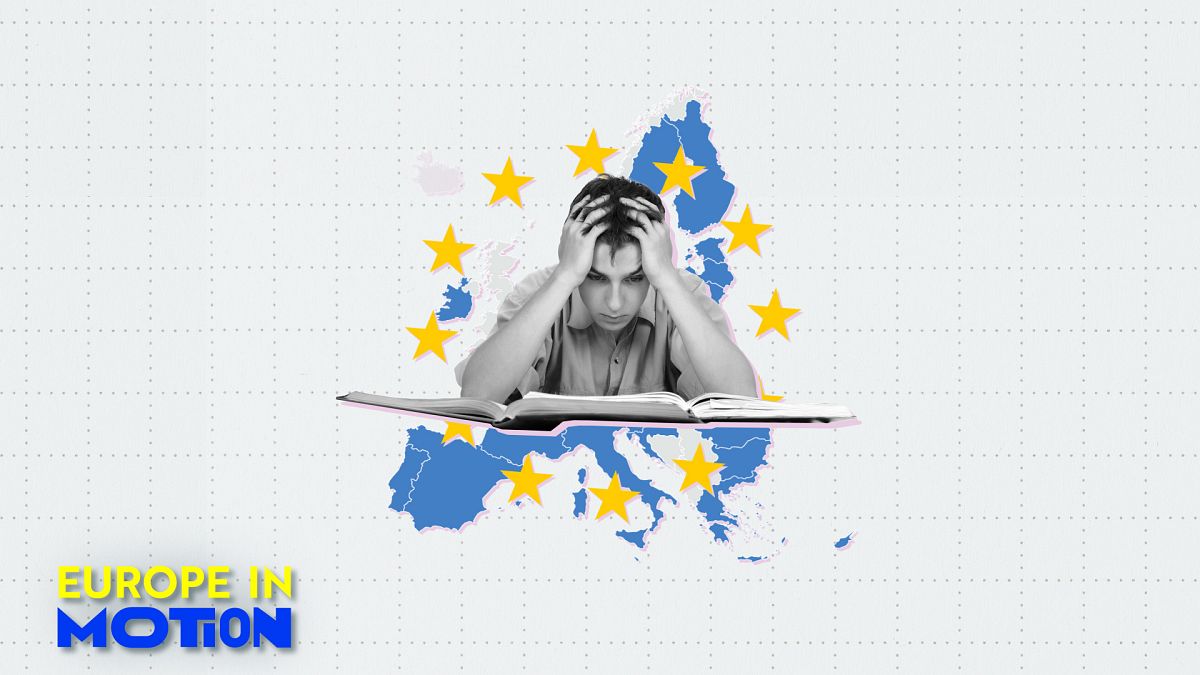by Julian Lopez & Damaso Javenoy
It’s published
The kids aren’t okay. About three years ago, the report found that 40% of EU students in higher education experienced mental health difficulties, with one in five suffering from mental disorders.
A more recent study by Nightline France, a nonprofit that now surveys 15,000 people from four EU countries (Germany, France, Ireland, Austria) and the UK, suggests that the situation has deteriorated.
Mental disorders among students are on the rise.
The authors of the report attribute this trend to academic achievement, financial problems, and pressure on increasing numbers of people who feel lonely or isolated.
Depression and ADHD
The most notably designated mental health issues are depression and anxiety, both affecting 71% of respondents.
Attention deficit hyperactivity disorder or ADHD (25%), eating disorders (20%), personality disorders (11%), and addiction disorders (8%) are also common.
The report highlights that in the EU, the majority of mental disorders appear before the age of 25, with almost half appearing by the age of 14.
Too little information
Nevertheless, the report’s authors argue that student mental health is “unstudied, underinvestment.”
They summarize the results of other recent studies that found “there is little information specific to mental health” in the European student population.
Experts say “there is even an inconsistency in defining mental health when policy and decision makers deal with it and create risks of disruption and inefficient or harmful implementation.”
The report concludes that “the lack of investment in students’ mental health (it) has a crippling effect on our society and economy.”
The World Health Organization estimates that 12 billion business days are lost to depression and anxiety each year, at an annual cost of around 1 trillion euros per year, when productivity is lost.








